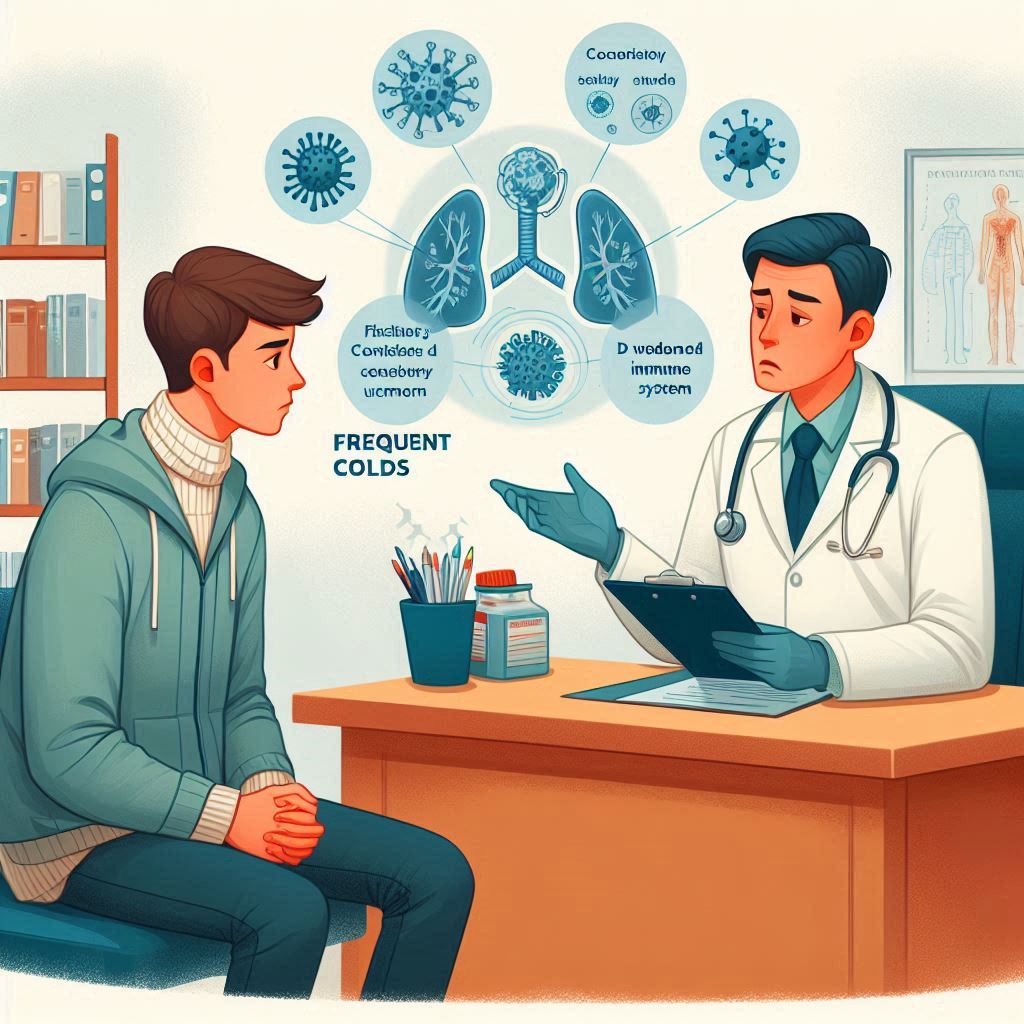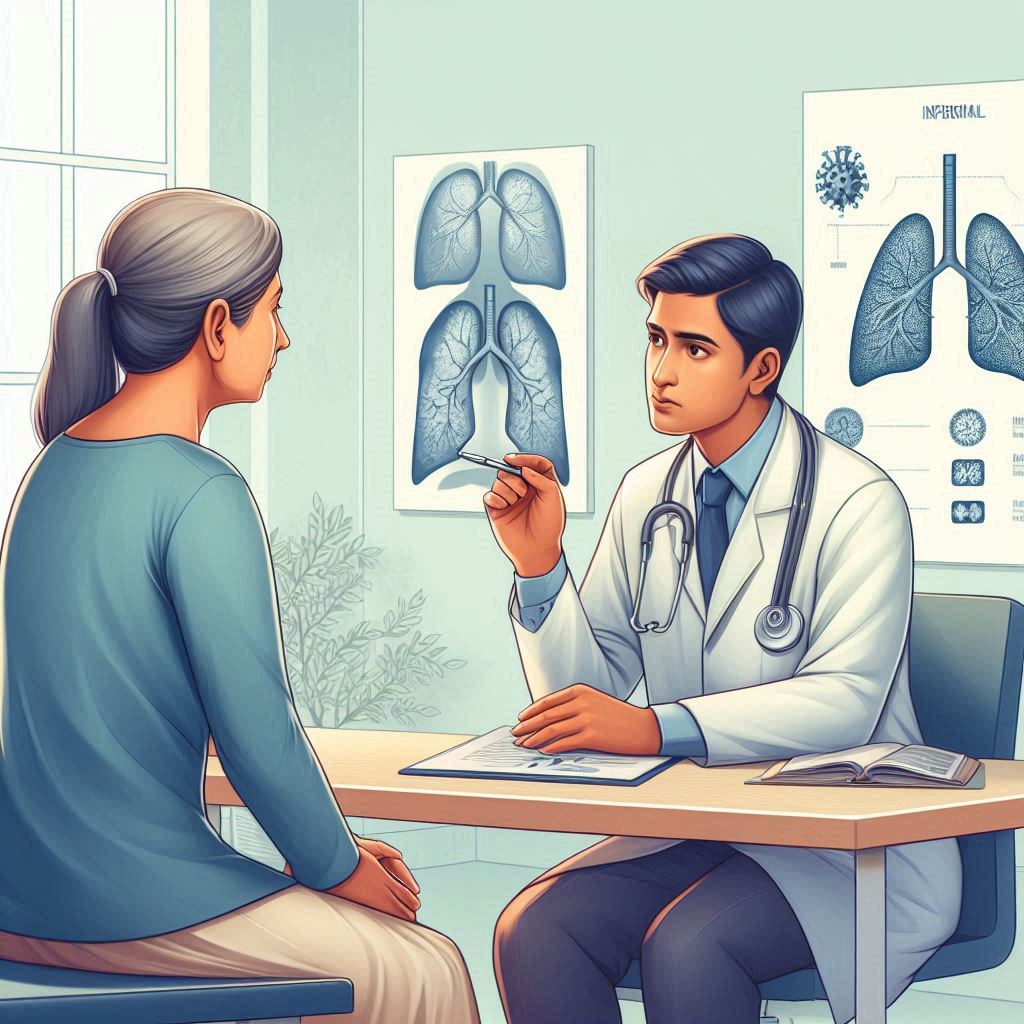
Why Do Some People Experience Colds More Frequently?
Colds are widespread and commonly experienced by most individuals at some point. However, some people seem to be more prone to getting them than others. Frequent colds may be a result of factors beyond mere bad luck. This article discusses various environmental, lifestyle, and genetic factors that contribute to the increased likelihood of frequent colds in certain individuals.
1. Genetic Factors: A Possible Predisposition
A person’s genetic makeup plays a significant role in determining how effectively their immune system responds to infections. Certain genetic variations can make individuals more or less susceptible to specific viruses, such as the rhinoviruses that commonly cause colds.
2. Daily Habits and Lifestyle Choices
The frequency of colds can also be heavily influenced by one's lifestyle. Poor habits and routines can weaken the immune system, making it more difficult to fend off illnesses.
3. Environmental Factors: The Impact of Surroundings
The environment a person is exposed to can also affect their chances of getting a cold. Prolonged exposure to germs or unfavorable conditions can increase susceptibility to illness.
4. Age-Related Immune Function Changes
Age also plays a role in how often one catches colds. Children, with their still-developing immune systems, are generally more prone to colds. On the other hand, as people age, the immune system naturally weakens, making older individuals more vulnerable to frequent infections.
5. Hygiene and Preventative Measures
Maintaining proper hygiene is one of the most effective ways to avoid frequent colds. Good hygiene practices significantly reduce exposure to the viruses that cause colds.
How to Reduce the Frequency of Colds?
While some factors are beyond control, such as genetic predisposition, there are several actions individuals can take to lower their chances of getting frequent colds:
Conclusion
Frequent colds can be bothersome, but by understanding the role of genetic, environmental, and lifestyle factors, individuals can take steps to reduce their risk. While some factors are uncontrollable, adopting healthier habits, improving hygiene practices, and managing stress can significantly decrease the likelihood of frequent colds, leading to better overall health. A robust immune system remains the key to preventing cold-related illnesses.

Acute coughs last less than three weeks, often due to infections, while chronic coughs persist longer & may signal underlying conditions. Dr. Provash explains their causes, treatments & when to seek medical attention.

Colds and coughs are common and often occur together, but their causes and symptoms differ. Understanding these differences is key to managing and preventing them effectively.